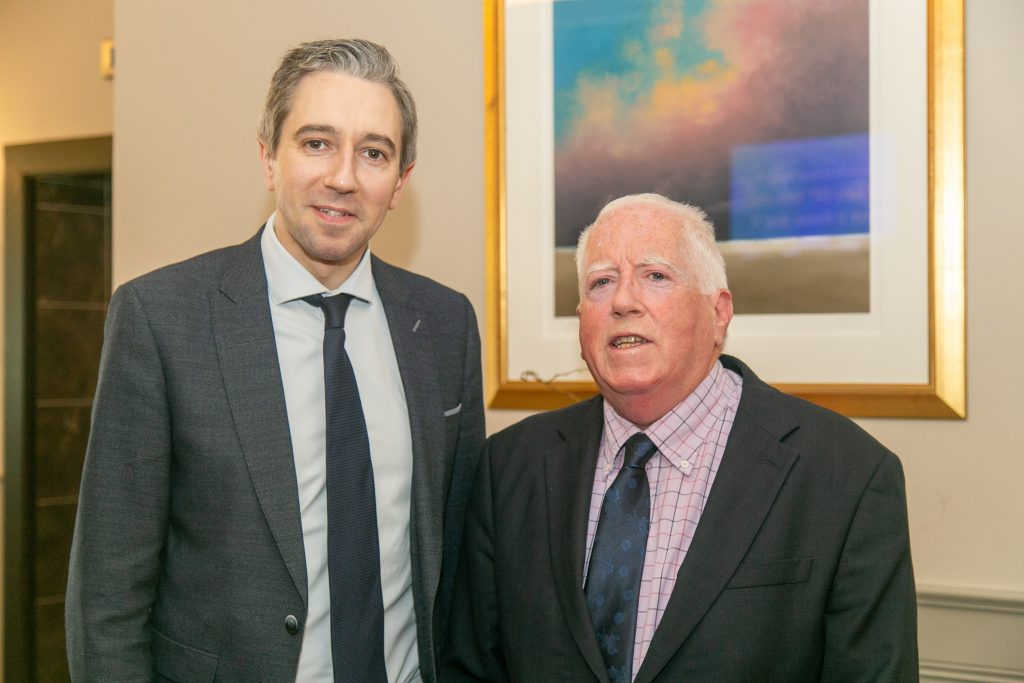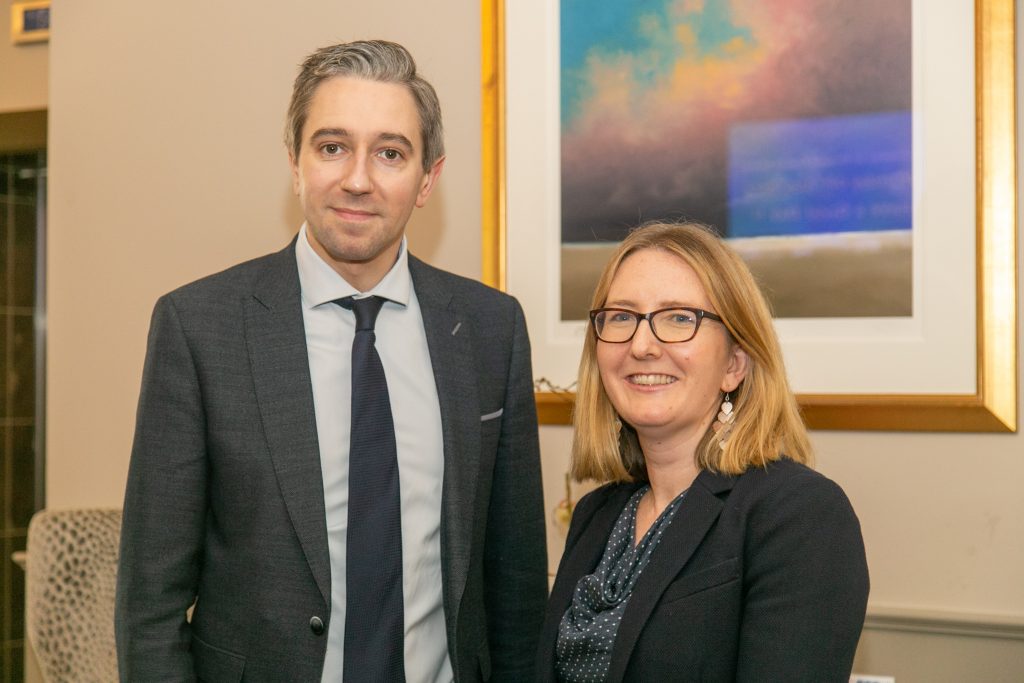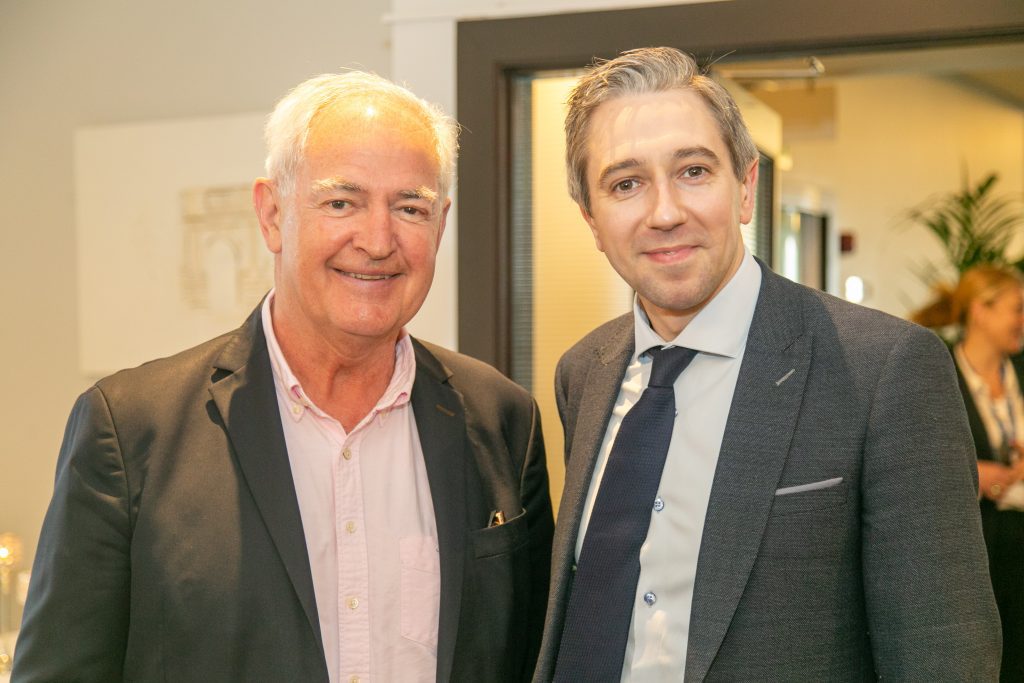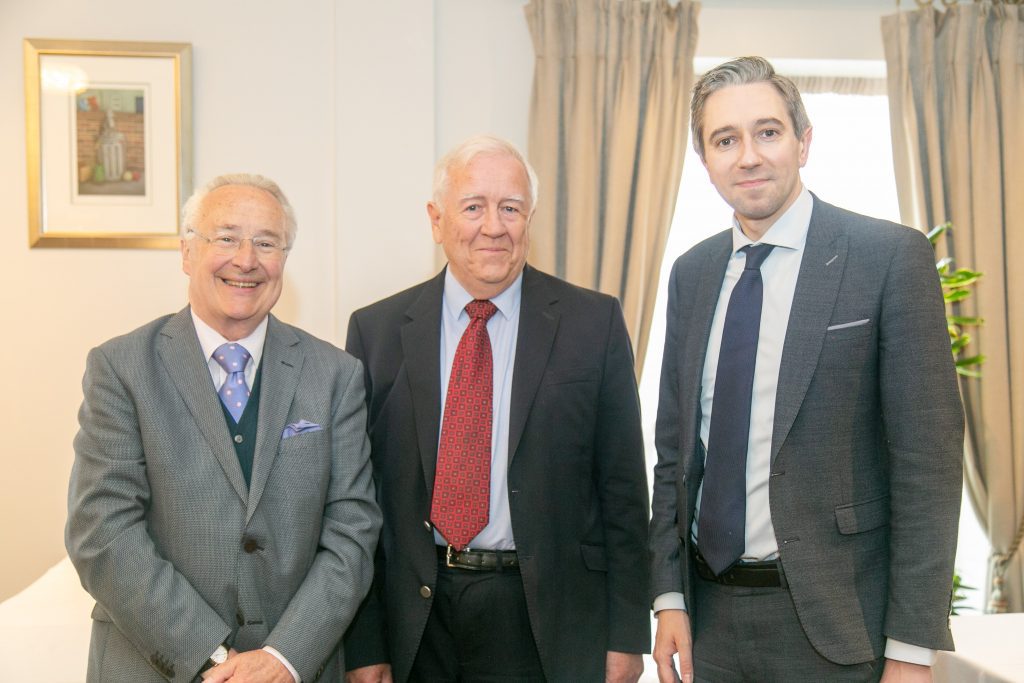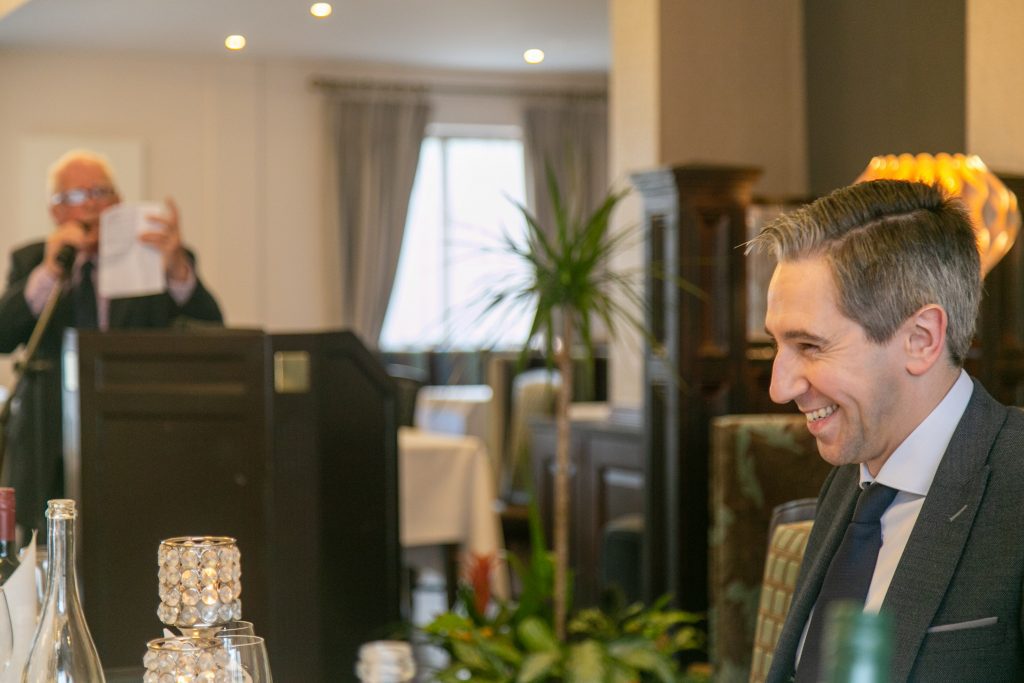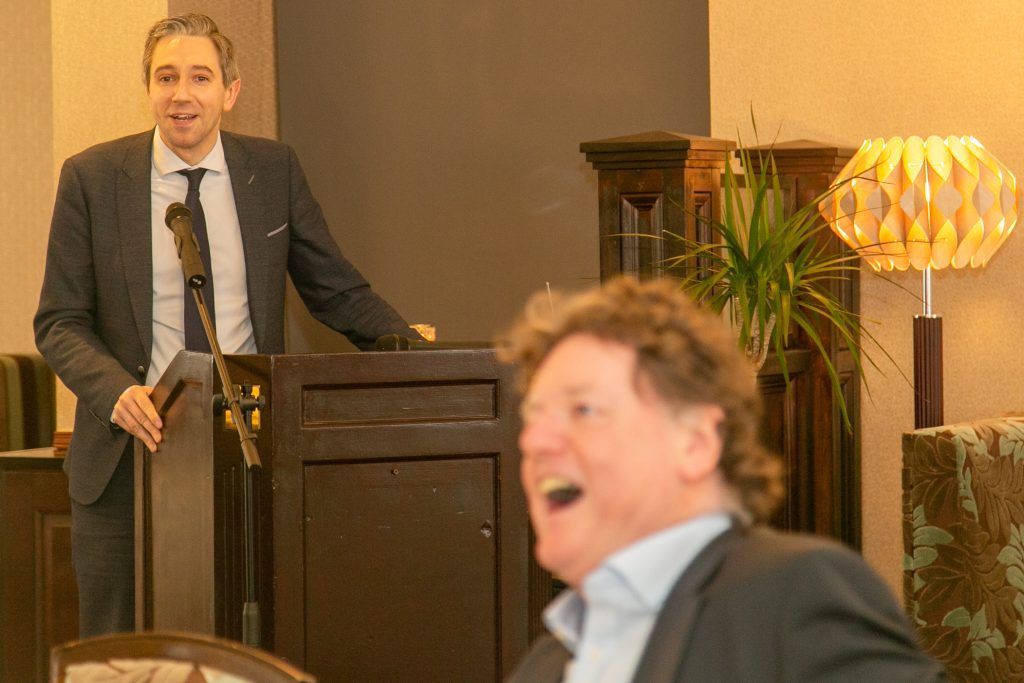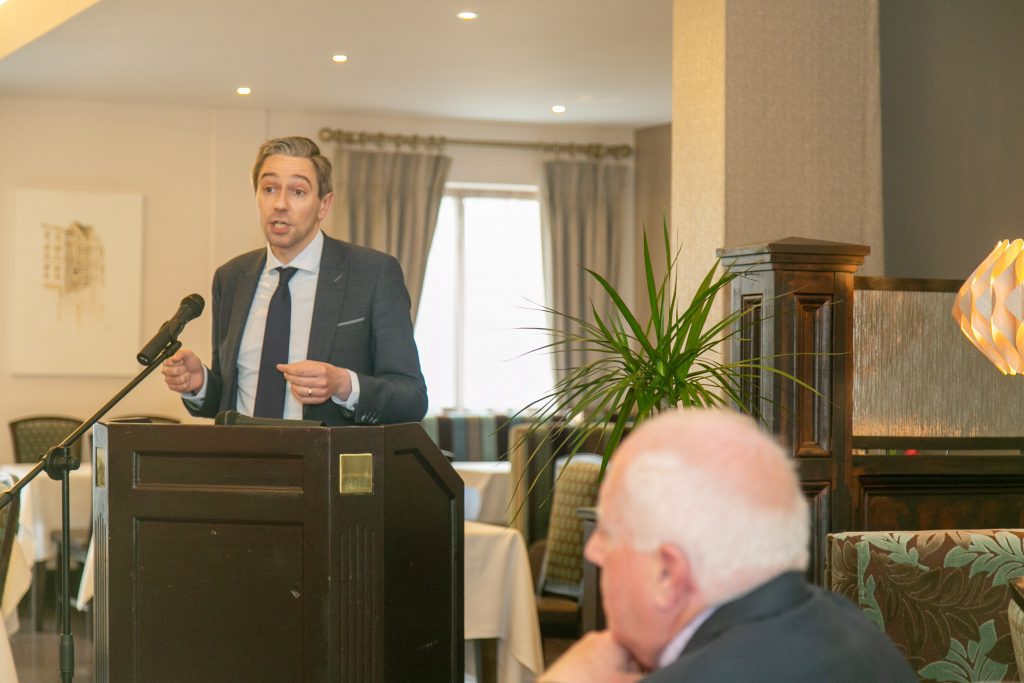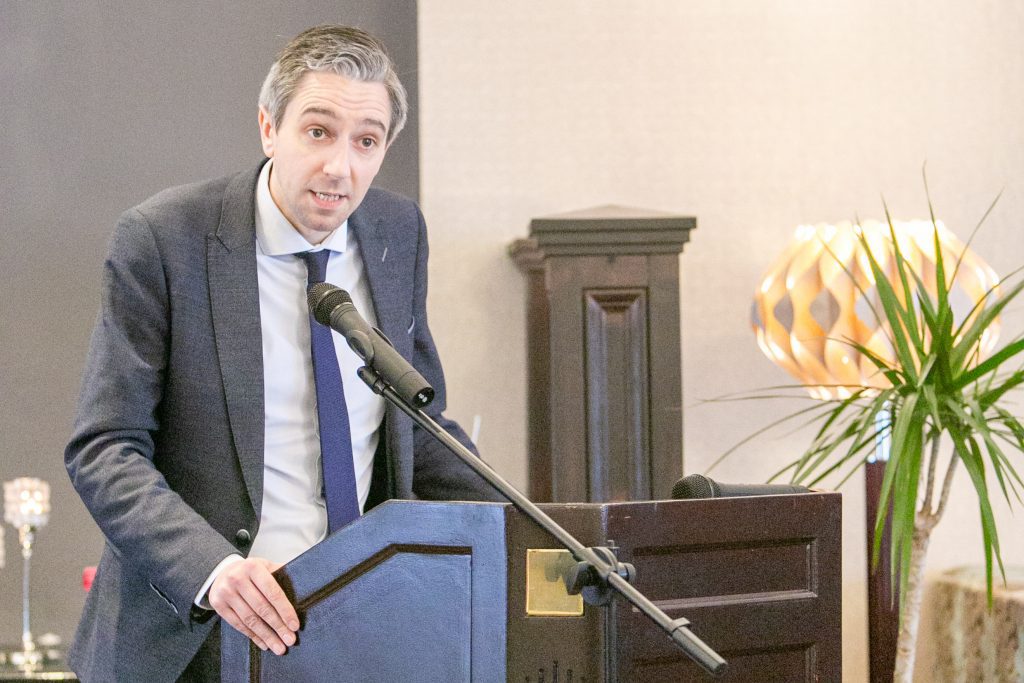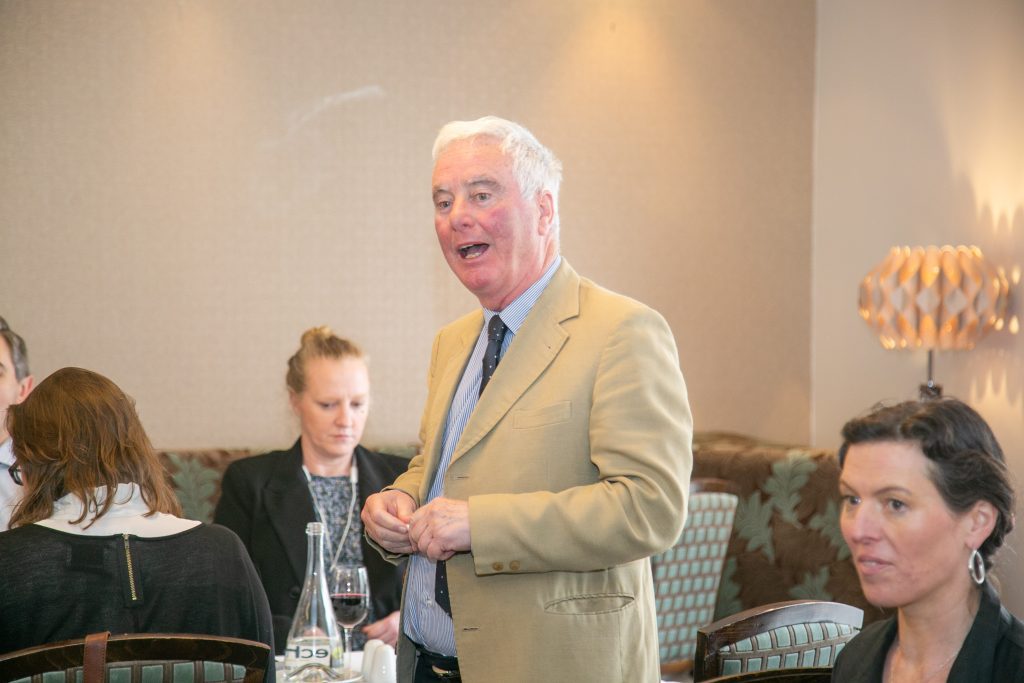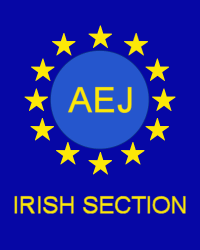Thursday, 4th May, 2023
Firstly, I would like to thank the Association of European Journalists for inviting me here today to mark the 30th Anniversary of World Press Freedom Day.
Thank you for the invitation to be here to discuss the reforms of Ireland’s archaic defamation laws.
I know this has been a long time coming but it is brilliant to be here to report some progress is finally being made.
When Taoiseach Leo Varadkar asked me to take up this role, it was one of a handful of things he asked me to prioritise.
And I am really pleased we received Government approval to publish the General Scheme of the Bill in March.
And it is just that – the General Scheme. It will now undergo pre-legislative scrutiny before making its way through the Houses.
I don’t need to go through the content of the Bill because I know you all know it.
But at its heart, the legislation is a balance with press freedom and safeguarding an individual’s right to good name and reputation.
The landscape through which journalists plot their journey has undergone radical change over the last 15 years.
How media is disseminated, the tone of social discourse, and forms of litigation have all been radically transformed.
Our proposed Bill will go some way to addressing the new challenges our media faces.
For example, it will give a new power for the Circuit Court to make an identification order, directing an online services provider to disclose the identity of an anonymous poster of defamatory material, so that they can be served with defamation proceedings.
This is becoming an increasingly important remedy which will make such orders available at significantly lower cost, and at courts around the country, so they will be less costly and more accessible.
This will go some way to counteracting disinformation, which currently is allowed to fester online.
Unfortunately, this is a tool used by some political parties and indeed some members of the far-right to silence criticism by their opponents.
The establishment of fake accounts online are used to intimidate and spread lies and mistruths, and misinformation. This can often go unchallenged.
Secondly, this law will allow a statutory notice of complaint procedure in respect of online publication of defamatory material.
This will bring clarity to the process and ensure all parties understand why material posted online has been described as defamatory.
I know there are many other areas you may wish to discuss and I am happy to go through them all.
But three other very brief parts I wish to discuss with you all.
A key provision will enable a defendant to apply for a declaration that proceedings brought against them constitute a SLAPP.
Another important provision is that the defendant can apply to Court at an early stage for dismissal of SLAPP proceedings.
If the Court is satisfied that the proceedings are clearly a SLAPP, it shall dismiss them without having to proceed to a full hearing. This tackles the deliberate generation of high costs and delays, based on manifestly unfounded claims that is often a hallmark of SLAPP proceedings.
This sends a clear signal that Ireland will not entertain attempts to obstruct journalists in their work through vexatious litigation.
Furthermore, if the court is satisfied that defamation proceedings are a SLAPP, or are targeted at public participation and have been conducted in an abusive way, the court may award damages to the defendant for harm suffered due to the proceedings.
In these cases, the plaintiff will be ordered to bear all of the defendant’s costs, unless the court considers any of the costs to be excessive, unreasonable or disproportionate.
This will remove the financial imbalance which often exists between defendants and plaintiffs in cases of this nature.
It is important to state, at this point, that Ireland supports the European Commission Proposal for an EU Anti-SLAPP Directive.
We want to further reform processes to allow the justice system to deal more efficiently with defamation proceedings.
For example, defamation proceedings may be dismissed if the plaintiff has taken no action to advance them within 2 years of their initiation.
This will remove blockages within the Courts system.
It will also mean that defendants will not have the threat of litigation hanging over them for an unreasonable amount of time, which can have a chilling effect on journalists.
We will remove juries from defamation proceedings, in line with the general consensus amongst the submissions received during our review.
I know many of you will have views on improvements that can be made to the legislation and we are open to discussing them with you.
Because fundamentally, a free media is a fundamental part of our democracy.
I know my party supports a free press.
Is it the case for every political party in Dail Eireann?
Or do others use our archaic legislation to threaten and silence members of media with legal letters and threats?
As we seek to change and alter Ireland’s defamation laws, we must have an honest conversation about the use of our current legislation by legislators.
Has the threat of legal letters impacted the media’s ability to cover certain legislators?
I believe these are important questions we must pose as we seek to change this legislation.
The world Press Freedom Index revealed yesterday media freedom is in dire health in a record number of countries.
An unprecedented 31 countries deemed to be in a “very serious situation”, the lowest ranking in the report, up from 21 just two years ago.
Ireland was ranked second place in the press freedom index – up four places. But we shouldn’t be complacent.
The business model for media is changing. What we once knew as the “media” has expanded beyond what we could have anticipated.
It is no longer good enough to have a good story. How you market that story is just as important.
Your audience is no longer the person who pays for the access to your newspaper.
It is everyone who clicks on the luring yet sometimes misleading headline, those who read the tweet, the Facebook post, your LinkedIn. Or listens to your podcast.
The onus is on all of us to ensure the rush to be first.. does not lead to sensationalism, or populism.
That 140 character tweet can never tell the full picture.
If every problem was solved by a tweet, I would surely be Ireland’s greatest peace keeper.
Nothing is ever as simple as that. Ireland is not immune to the threat of populism.
However, the threat of disinformation is the biggest threat to our democracy.
That is why this defamation reform is so essential. It is also why those of us in this room and beyond must never become complacent about the challenges our media and our democracy face.
“Freedom of the press is a precious privilege that no country can forego.” Mahatma Gandhi
Lets get on and change the laws and allow you to do your job without fear or favour.
Thank you.
Ends
